The ancient expression “my home is my castle” is no longer relevant today. Dangers await us everywhere, and even the most harmless objects can harm our health. The faster we get rid of them, the safer the house will become. Let's not put things off for a long time. During the first cleaning, we’ll take a closer look at the shelves of all the cabinets and choose what we should have abandoned long ago.
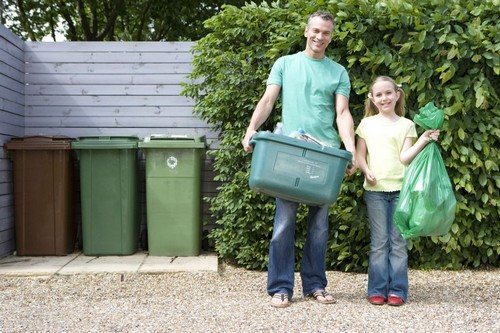
Plastic containers and bottles
Many semi-finished products today are produced in plastic containers. Afterwards we don’t throw them away, but use them to store food. We also love plastic bottles for mineral or sparkling water and continue to use them for just water. But plastic is a fragile material, and to make it more plastic, manufacturers add stabilizers to it. They give plastic harmful properties.
We look at the marking, it is a triangular icon with a number inside and a letter code below it. The number 1 and the code PET or PETE are most often found on plastic bottles. The material is disposable, as upon repeated contact with the liquid it begins to release heavy metals and alkaline substances. The number 7 and the RS code means polycarbonate, one of the most dangerous plastics. Its contact with water leads to the release of Biosphenol A. This substance can “kill” the endocrine system. Number 6 and code PS, polystyrene. Do not pour hot tea or coffee into plastic cups made of this material.
Plastics with digital codes 2 and 5 are not dangerous. They are used to make reusable containers. You can keep them and throw away all the other plastic. You can buy glass storage containers instead.
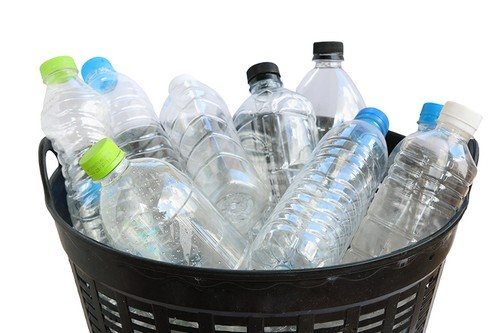
Spray air freshener
The aerosol air freshener can probably contain benzene, propane, butane, and sodium nitrite. All of them have a negative impact on human health. At the very least, they can cause headaches. An allergic reaction to the listed substances is possible. And all of them are carcinogens.
You can replace air fresheners with essential oils, whose smell is more persistent. You can pour coffee beans into a container with holes, put aromatic herbs in it. The smell will be pleasant, and there is no harm to health.
Antibacterial soap
Some time ago, soap with triclosan was constantly advertised on TV screens. Indeed, this substance effectively fights bacteria. However, recent studies have shown that this very triclosan reduces the body's susceptibility to antibiotics, disrupts the endocrine system and causes cancer. Therefore, you should throw away antibacterial soap, replacing it with regular toilet soap.
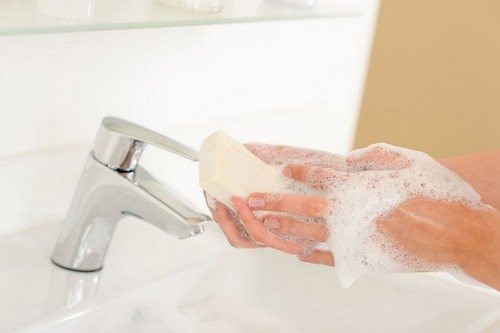
Used air conditioner filters
Air conditioner filters accumulate dust and various microorganisms over time. Filters can be removed and washed under running water yourself or use the services of specialists. But you can wash them not endlessly, but no more than 3 times. After that, the old filter should be thrown away, replacing it with a new one.
Shaggy rug from the bathroom
If you prefer to keep a soft, fluffy foot mat made from natural materials in your bathroom, you are harming your health. High humidity in the bathroom promotes the growth of bacteria and the formation of fungus. Hence the frequent attacks in asthmatics. But the silicone mat will not harm the body. It can be washed frequently and does not take much time to dry.
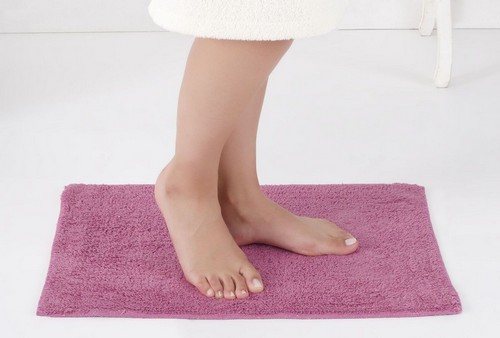
Expired and spoiled products
Check the contents of your refrigerator. Are its shelves filled with food bought for future use? Then it's time to sort through them and check the expiration date. Ruthlessly throw expired items into the trash bin. Try to cook those that are about to expire first. Do not stack food tightly in the refrigerator. This will spread germs very quickly. Place what can be frozen in the freezer.
Expired medications
You should not take medications if they are expired. It is unknown what chemical reaction will begin in the body when they are consumed. Throw them away without talking and don’t buy them for future use.
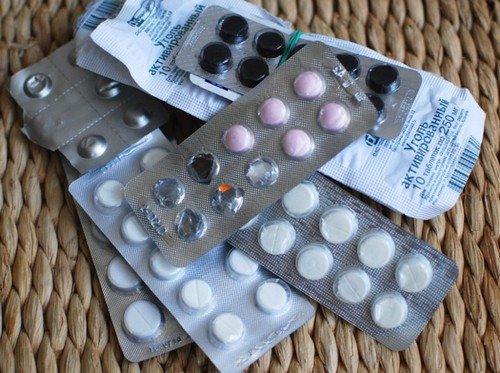
Sponges for washing dishes
Germs spread very quickly on foam sponges, so they must be disinfected or placed in the dishwasher. The water there heats up to 80-90 degrees and this is enough to destroy microbes. You should not use this sponge for more than a month.
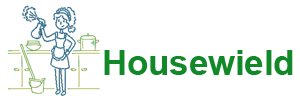

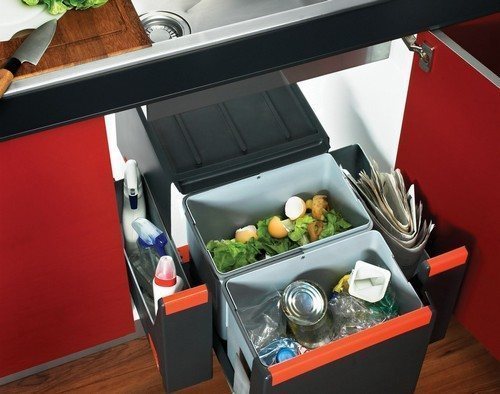

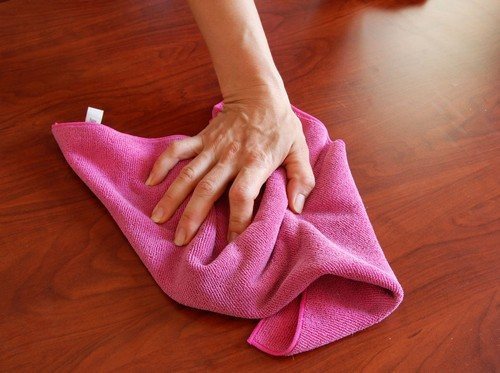
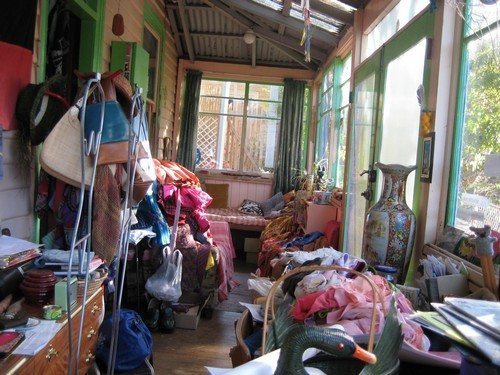


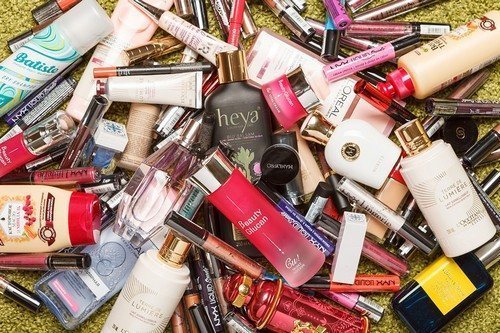
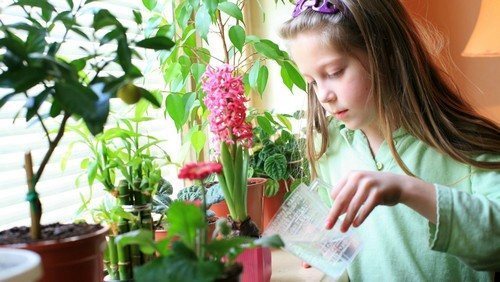
Once again, some youngster has trashed her apartment, now she’s trying to teach others; Well, some kind of “Chernyshevsky”, well...” What should I do?” Missed school again and decided to “hang out” on the Internet looking smart? :))) Go... play in the nursery, otherwise you’ve already tired the adults! :)))
Loved the previous comment!
And who is this “smart” person who uses sponges for dishes for about a month?
A week and a half at most.
Where did they catch you so smart...?
Article on the case. Everything is correct. Thank you for filling it in. Good health belongs to those who care how to maintain it. There is no point in pointing at God; we ourselves are largely to blame. And I was too lazy to find out the best way to recover without damaging other organs. There is a lot of information, you just need to be careful and not be a sucker. Use your brains! Appreciate those who actually cure the sick.
Where do heavy metals come from in polyethylene?
And the fleecy rug in the bathroom, you know, is very easy to wash... Right in the washing machine...
If I wash dishes in the dishwasher, then first I wash off the remaining food with a brush under hot water, and if by hand, then I wash each type of dishes (tea, tableware, pots and pans) with a separate sponge, small gaps with a toothbrush. And at night, wash the sponges and I soak napkins with disinfectant
Well, she’s not very smart, what kind of idiot would take such a housekeeper as his wife?
good article. I just don’t understand that plastic is bad. sponge is bad so why make it bad and put it on sale
Irina K. You have a complex process of washing dishes. Is this really how you wash?
I laughed heartily at the children's advice. Thank you - you made me laugh! They probably also received funding for this opus?!
Yes, and I was amused by Irina K.’s way of washing different types of dishes))))))) I can imagine)))))
Most medicines do not lose their properties after their expiration date; this has long been known.